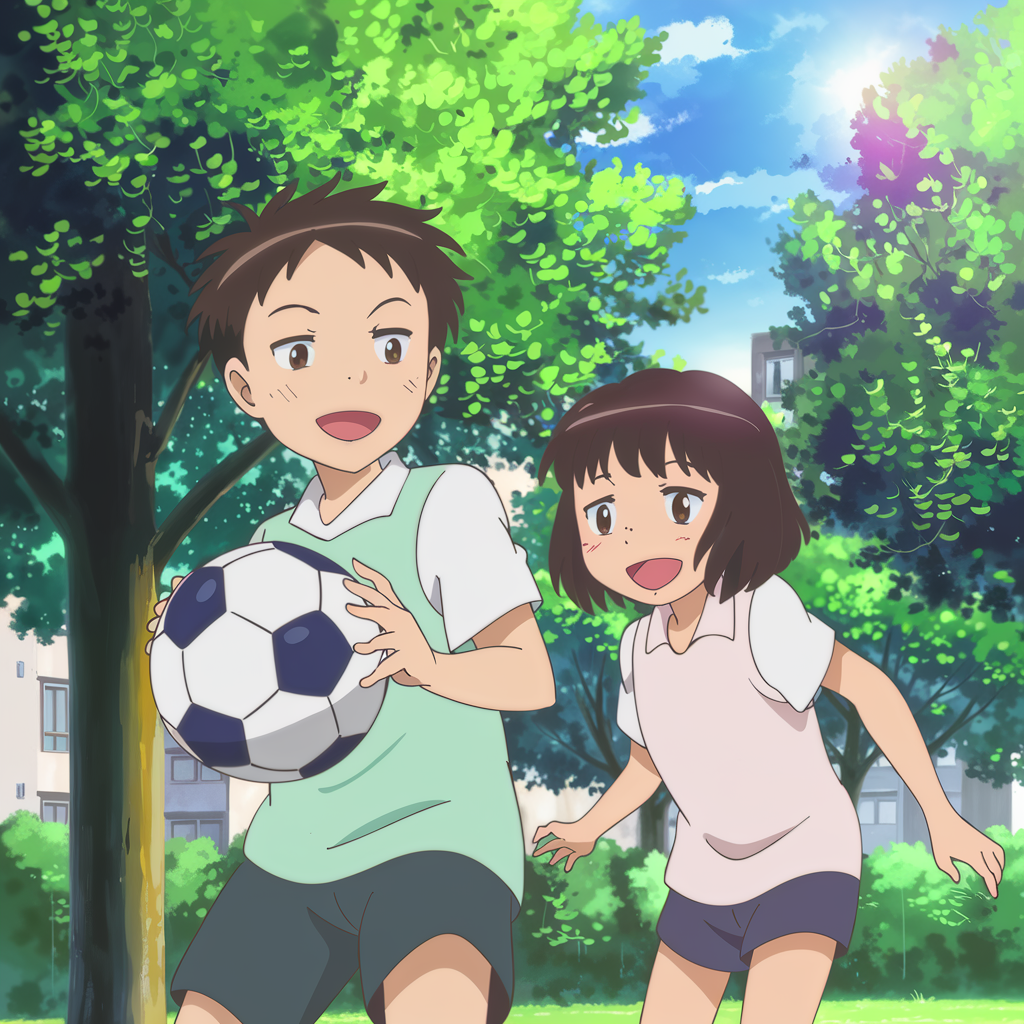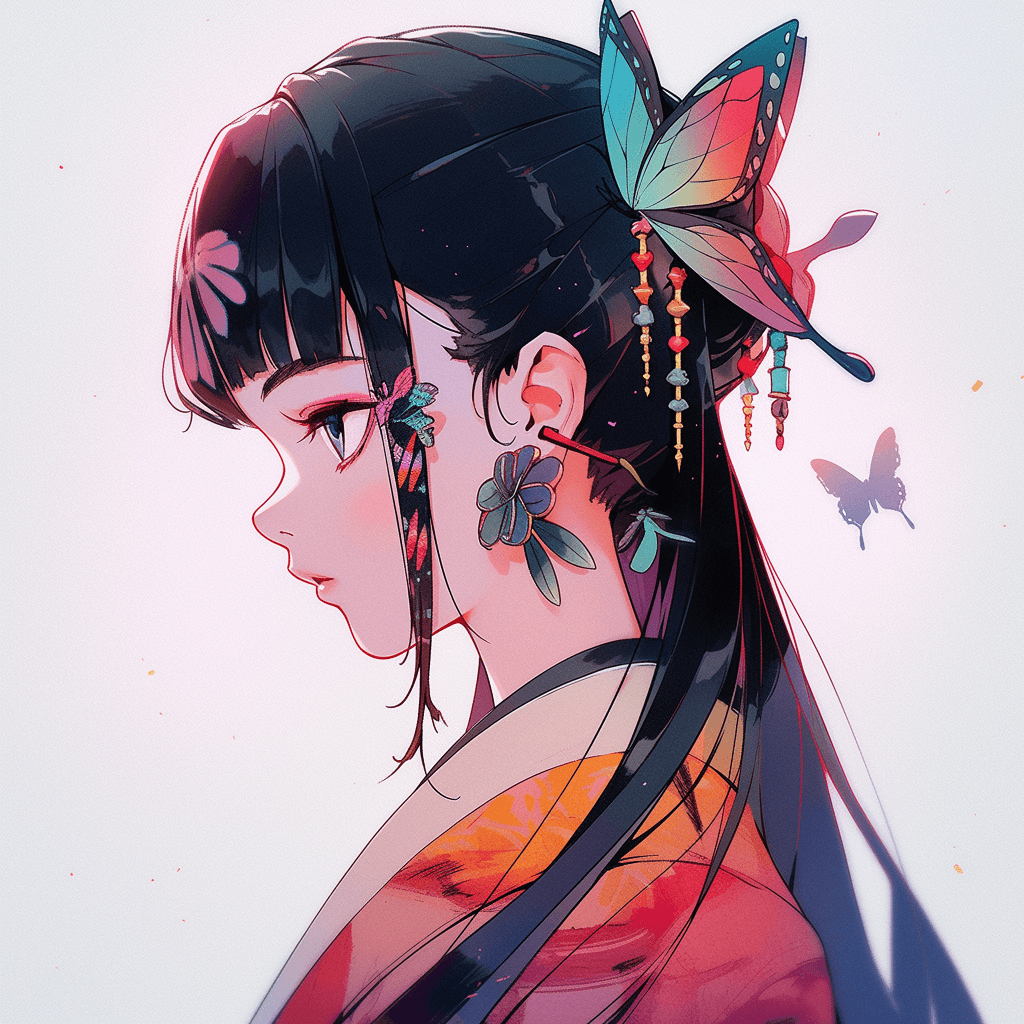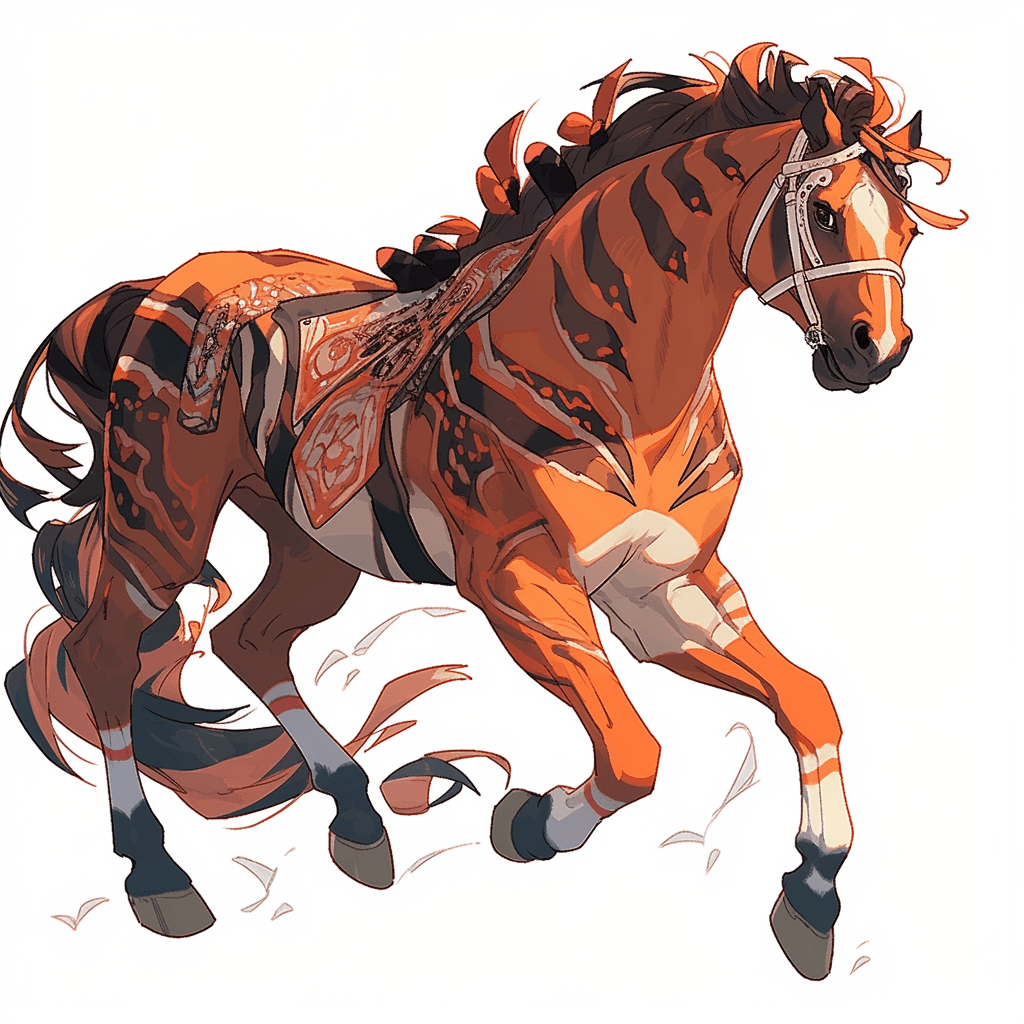When I hear 青梅竹馬, I think of my friends Wei-Lun and Yu-Ting. They’ve known each other since kindergarten, spending afternoons riding their bikes around the block and sharing snacks at cram school.
As they grew up, they joined the same sports teams, did school projects together, and supported each other through all the ups and downs of growing up.
Now, as young adults, their bond is stronger than ever. They love to joke about those childhood days and how their friendship has evolved. This idiom, 青梅竹馬, perfectly captures that feeling of a lifelong bond that begins in the innocence of childhood and lasts well into adulthood.
In this article, we’ll explore the meaning, historical roots, and modern applications of 青梅竹馬 and why it continues to evoke such fond memories and appreciation for deep connections.
Definition of 青梅竹馬
Traditional Chinese: 青梅竹馬
Simplified Chinese: 青梅竹马
Pinyin: qīng méi zhú mǎ
English Translation: “Green plums and bamboo horses”
Definition: This idiom refers to childhood friends who grow up playing together and share a deep, innocent bond. It often implies that the friendship between them is so close and longstanding that it can sometimes develop into romantic feelings in adulthood. 青梅 (green plums) and 竹馬 (bamboo horses) are symbols of simple childhood games and the carefree nature of youth.
History of 青梅竹馬
The idiom 青梅竹馬 has its origins in the Tang dynasty and is famously connected to the poetry of Li Bai (李白), one of the most celebrated romantic poets of that era.
The phrase is derived from Li Bai’s poem “長干行” (Changgan Xing), a lyrical narrative told from the perspective of a young merchant’s wife, recounting her life from childhood to marriage and longing for her husband during his travels.
In one memorable part of the poem, the narrator reminisces about her innocent childhood moments shared with her future husband. She recalls how, as children, they played together with “青梅” (green plums) and “竹馬” (bamboo horses), embodying carefree and playful companionship.
Specifically, the lines describe her playing by the door while he came riding a bamboo stick as if it were a horse, circling around her as they enjoyed simple games. These images illustrate a pure, unblemished bond formed in youth, which later matured into love.
Modern Usage of 青梅竹馬
In modern Mandarin, 青梅竹馬 is used to refer to childhood friends who share a long and close relationship that may or may not develop into romance as they grow older.
The idiom conveys the sense of innocence, joy, and nostalgia tied to early, carefree days spent together. It often implies a unique, unbreakable bond that stands the test of time due to shared childhood experiences.
In conversations, 青梅竹馬 might be used to describe a couple who have known each other since they were young or to tell a story about friends who grew up side by side.
For instance, in literature, movies, or casual stories, you might hear that two people are 青梅竹馬, suggesting a relationship built on deep mutual understanding stemming from shared memories.
This idiom is also common in social interactions and can be used both in fond reminiscence and with a playful tone to describe childhood friends who were once inseparable and are now viewed as having a special connection. While it doesn’t always imply romantic involvement, the connotation of a strong, foundational friendship remains consistent.
3 Example Sentences of 青梅竹馬
- 他們從小就是青梅竹馬,一起長大,感情非常深厚。
- 我聽說這對夫妻是青梅竹馬,從小到大都沒有分開過。
- 青梅竹馬的友誼是最純真的,沒有任何利害關係。
- Tāmen cóngxiǎo jiù shì qīng méi zhú mǎ, yīqǐ zhǎngdà, gǎnqíng fēicháng shēnhòu.
- Wǒ tīngshuō zhè duì fūqī shì qīng méi zhú mǎ, cóngxiǎo dào dà dōu méiyǒu fēnkāi guò.
- Qīng méi zhú mǎ de yǒuyì shì zuì chúnzhēn de, méiyǒu rènhé lìhài guānxì.
- 他们从小就是青梅竹马,一起长大,感情非常深厚。
- 我听说这对夫妻是青梅竹马,从小到大都没有分开过。
- 青梅竹马的友谊是最纯真的,没有任何利害关系。
- They have been childhood friends who grew up together, with a very deep bond.
- I heard that this couple has been inseparable since childhood; they were childhood sweethearts.
- Childhood friendships are the purest, without any ulterior motives.
Great job learning 青梅竹馬! This idiom paints a beautiful picture of the deep bonds formed in childhood and reminds us of the innocence and joy that come with growing up together.
Whether used to describe lifelong friends or childhood sweethearts, it embodies the warmth of shared memories and enduring connections.
If you enjoyed this exploration and want to dive deeper into Chinese idioms, be sure to check out this list of 20 useful idioms. Each one will enrich your understanding and appreciation of the language. Keep learning, and cherish the unique stories behind these timeless expressions!




